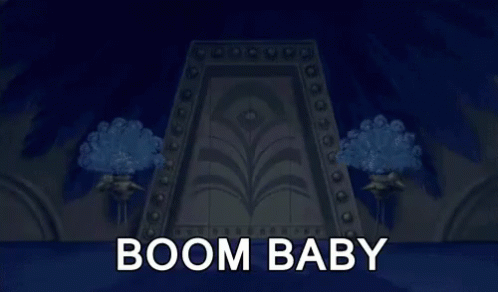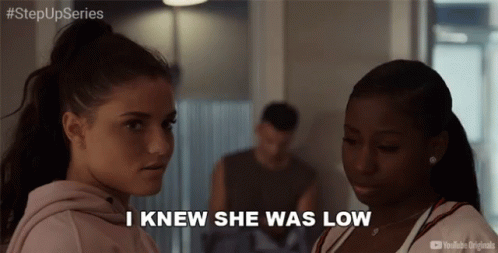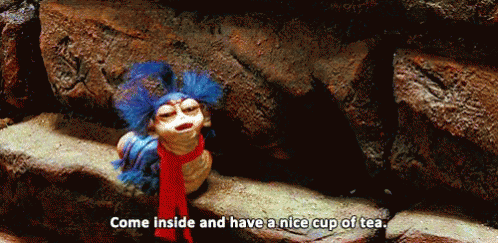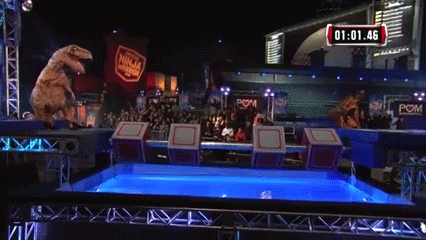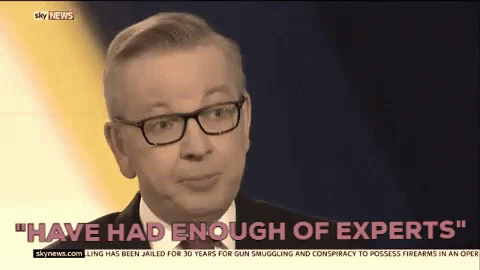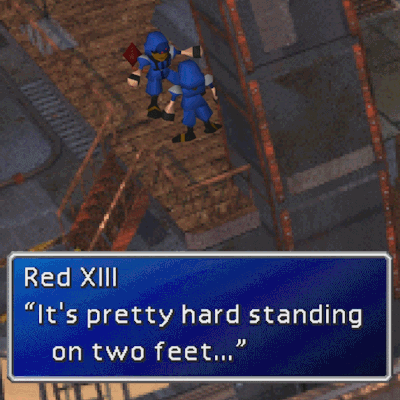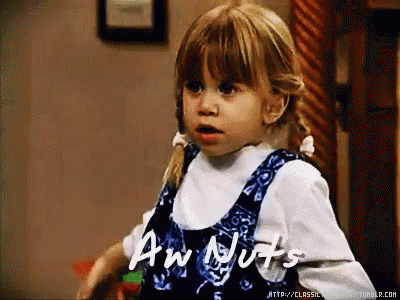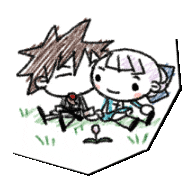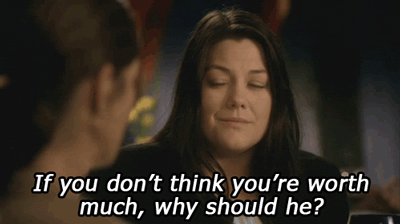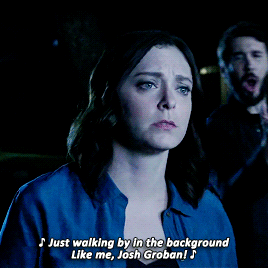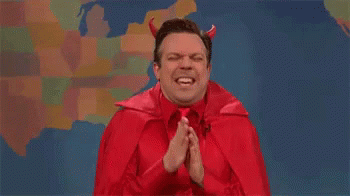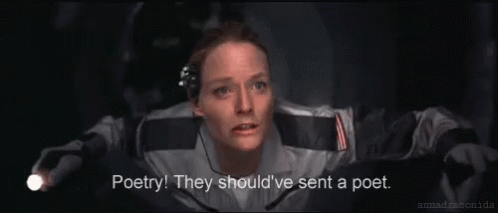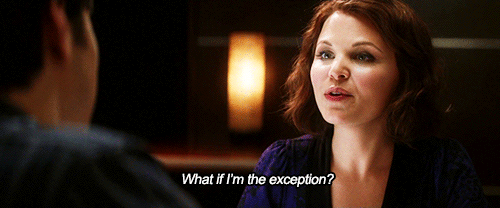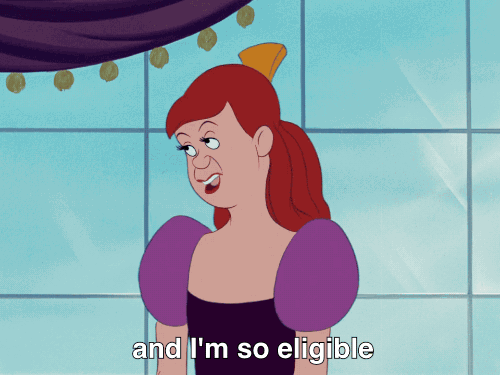Chapter 3
Everyone is very excited about the dinner for Prince Bagration, and 'Kutuzov' is a dirty word. Also, people are wearing Russian kaftans, which I did not know was a thing, but I like them! Prince Bagration is feeling awkward, especially when someone reads out a poem about him. After the meal, there are many toasts, beginning with the Emperor. The most interesting thing is that we learn that Bagration's first name is Peter, after which everyone sings a song to him. Count Ilya Rostov is very moved, especially when they toast him, for organising the whole thing.
Chapter 4
I forgot to mention - I sat my last exam this morning! Not just the last exam for this academic year, but the last in my entire degree! I do have another year to go, because I'm doing an MSci in Genetics, but the last year is the project, so there is no exams, only coursework. I also hope to do a PhD after this. Anyway, I've been reading this book since second year, not because it's particularly hard going - it's just long and has a lot of characters - but because I leave long gaps between chapters. I've read books of comparable length in the meantime - 1q84 and Atlas Shrugged, for instance - but they were a bit easier, because I didn't commit to sitting at my PC and typing each chapter. I've also not read a Stephen King novel in two years, though I do still consider myself to be in the middle of reading his entire published work. I'll likely change my daily goal to being a few pages or a percentage of his novels, once I've finished that. Anyway, what I've been building up to saying is that my new goal is to read 3 chapters a day of War and Peace, which should have been finishing by early September. I'm moving house, going on 2-3 holidays and working during that period, so we'll see how it goes. Two of those holidays are see-the-place-do-the-thing type holidays, but the other one is a relaxing-in-a-hot-tub type holiday, so I might get more reading done on that last one.
Chapter 4 of book 4 opens with Pierre, Dolokhov, and Nikolai. Pierre is depressed, and has heard many hints (from his half-sister and nasty anonymous letters) about his wife and Dolokhov. He steadfastly refuses to believe these rumours - because he's a loyal big dumb kitten - but still doesn't want to be in Dolokhov's company. He is beginning to see how other people could believe these rumours, even while he's denying them to himself.
When Dolokhov came back from war, a few months back, he came straight to Pierre, who put him up and leant him money. Helene approved of this, and Dolokhov was very complimentary about her. Dolokhov stayed with them until they came to Moscow, though I'm not sure quite how long that's been - days, or weeks, or maybe a month or two. Can't be much longer, since they got back from battle at the end of Autumn and it's early spring now.
Pierre is remembering how Dolokhov looks when he's cruel, like when he tied that policeman to the bear, way back in chapters 10-11 of book 1 (I didn't need to look that up - it's my favourite fun fact about this book), and thinking that Dolokhov probably would enjoy betraying Pierre's trust. Though, of course, he still doesn't believe it. Denisov has joined Nikolai and Denisov, sitting across from Pierre, and they seem very gay. I am not going to make a joke about Nikolai's love for the Emperor here. Rostov's throwing dirty looks at Pierre, firstly because he seems like a boring old woman, having not gone to war and being married and so on, and secondly because he didn't greet Nikolai or even seem to notice when he arrived. Just to pile insult on insult, Pierre doesn't even join in the toast to Emperor Alexander.
Rostov calls him out at that last one, and Pierre sighs and joins the toast. He then realises that he recognises Nikolai and greets him, but Nikolai is busy huzzahing. Dolokhov and Denisov try to get him to acknowledge Pierre, but Nikolai is now busy being offended. Pierre can't hear them, but knows they're talking about him, and goes red. Poor big dumb kitten. Someone should pick him up and put him in a nice book, not Mean Girls in a 19th Century Warzone (and Peace) which is what I appear to be reading now. Denisov says "one should make up to the husbands of pretty women,", and Dolokhov turns to Pierre and toasts the health of lovely women and their lovers.
Honestly, I have gone right off Dolokhov. Pierre joins the toast without looking at or answering Dolokhov. It's only when the waiter hands Pierre - as a honoured guest - a leaflet with Kutuzov's cantata and Dolokhov snataches it that Pierre finally loses his temper. Two men nearby - "Nesvitski and the neighbour on this right", who I'm not sure we've met before - know the rumours about Dolokhov and Helene, and are pretty sure this will devolve into a brawl soon, and react in alarm. Dolokhov is pleased to have finally gotten a reaction out of Pierre, who challenges him to a duel. As he hears himself making the challenge, Pierre finally realises that he does believe the rumours, and that he hates Helene and is forever sundered from her.
Personally, I am convinced that Dolokhov wrote the anonymous letter himself, just to be a dick.
Nesvitski agrees to act as Pierre's second, and Nikolai will be Dolokhovs. The duel is for the next day. Pierre goes home, while Dolokhov, Nikolai, and Denisov remain at the club "listening to the gypsies and other singers". When Dolokhov is leaving, Nikolai asks if he's calm, and Dolokhov shares his philosophy of dueling. It's oddly similar to Granny Weatherwax's - you go in convinced that the other person is going to lose.
Next day, at 8am, they all meet at the Sokolniki forest. Denisov has come too. Pierre seems distracted, and does not appear to have slept. He's now certain of the affair, but is still forgiving towards Dolokhov. Apparently, his logic is that since he means nothing to Dolokhov, Dolokhov has done nothing wrong in betraying him. Poor big dumb kitten. He's pretty sure that the two outcomes are either that he will kill Dolokhov or that Dolokhov will hit him in "the head, or elbow, or knee". It doesn't seem to cross his mind that Dolokhov is prepared to kill him.
When everything's ready, Nesvitski tries to tell Pierre that he's in the wrong and should apologise so there won't be a duel. I think this is like the thing people do where they ask people to be nice to racists or to pretend not to be gay in front of homophobes, rather than just asking people not to be racist or homophobic, because they think the nice people will make less of a fuss. Pierre agrees that the whole situation is horribly stupid, but the duel is still going to happen.
Chapter 5
No one quite seems to know how to begin the duel, and there is some awkward back and forth. Pierre is smiling in an eerie way. Denisov decides to act as referee. Pierre successfully shoots a gun for the first time in his life, and manages to injure Dolokhov's hand. I am completely on Pierre's side here. Dolokhov played stupid games and won a stupid prize. He starts to beg, and Pierre's emotional shell cracks, and he sobs and rushes towards him. Dolokhov tells him to go back to his barrier though - he still wants to duel. Pierre faces Dolokhov and waits for the shot. Dolokhov manages to miss entirely and then faints. Pierre runs off into the forest, muttering about folly, death, and lies.
Dolokhov is silent until Nikolai and Denisov get him back to Moscow, when he starts crying about having killed his mother, who will surely be heartbroken when she sees him dying. He asks Nikolai to go on ahead and warn her, and Nikolai does so, surprised to learn the Dolokhov lives with his old mother and hunchback sister and "was the most affectionate of sons and brothers". Why is he such a dick to everyone else then?




